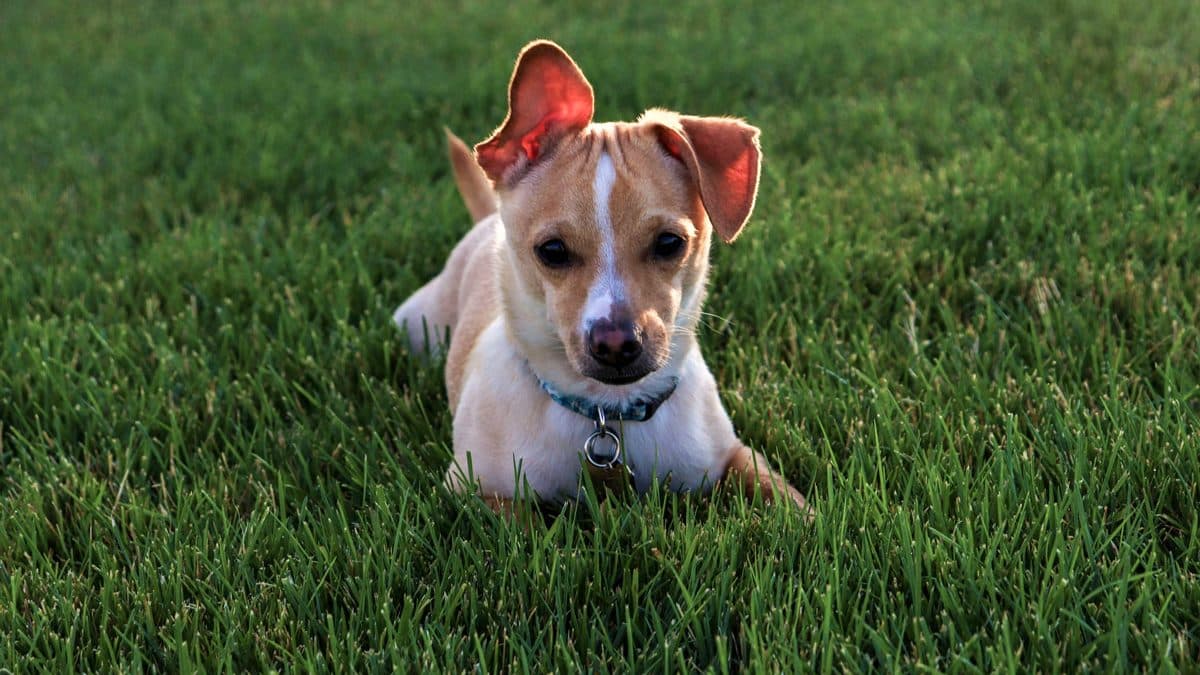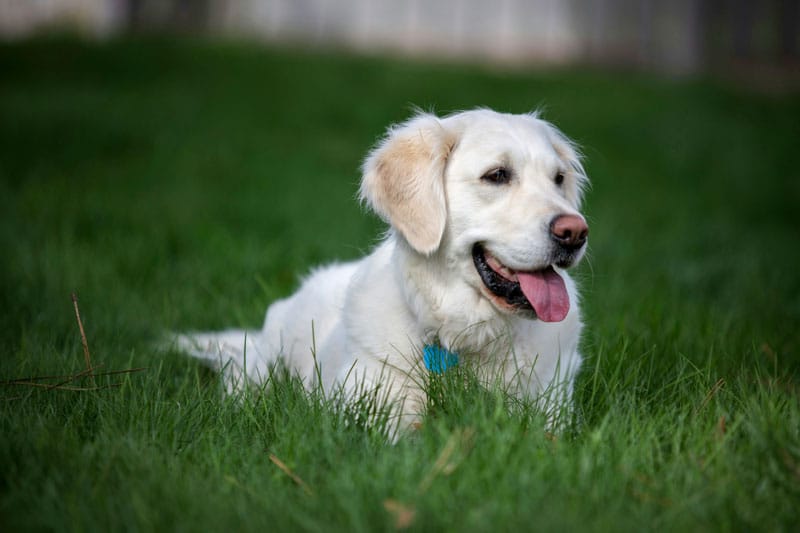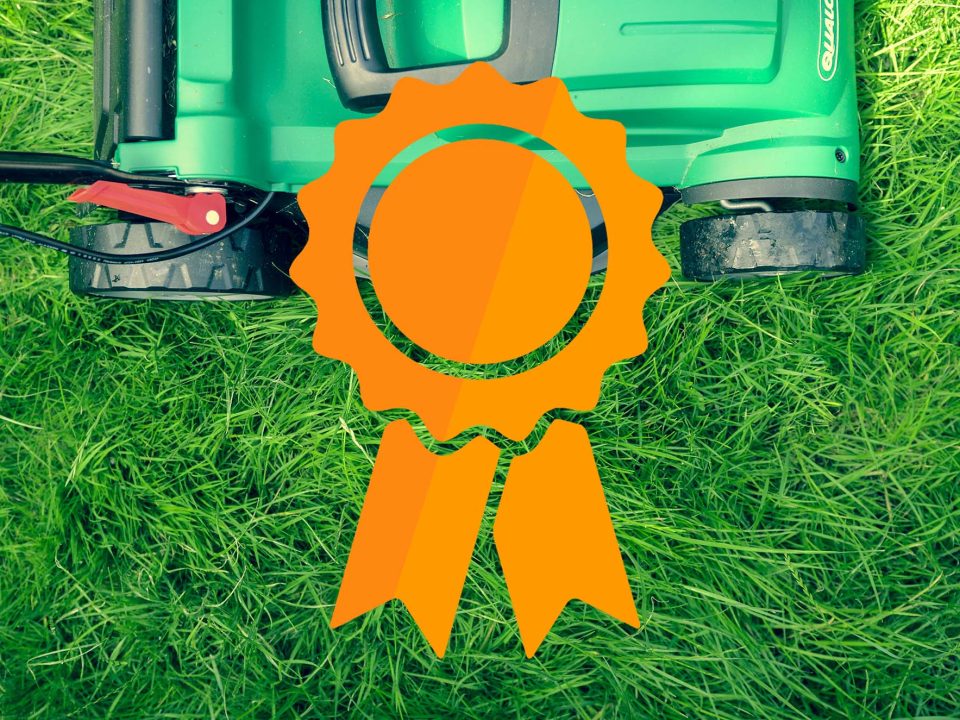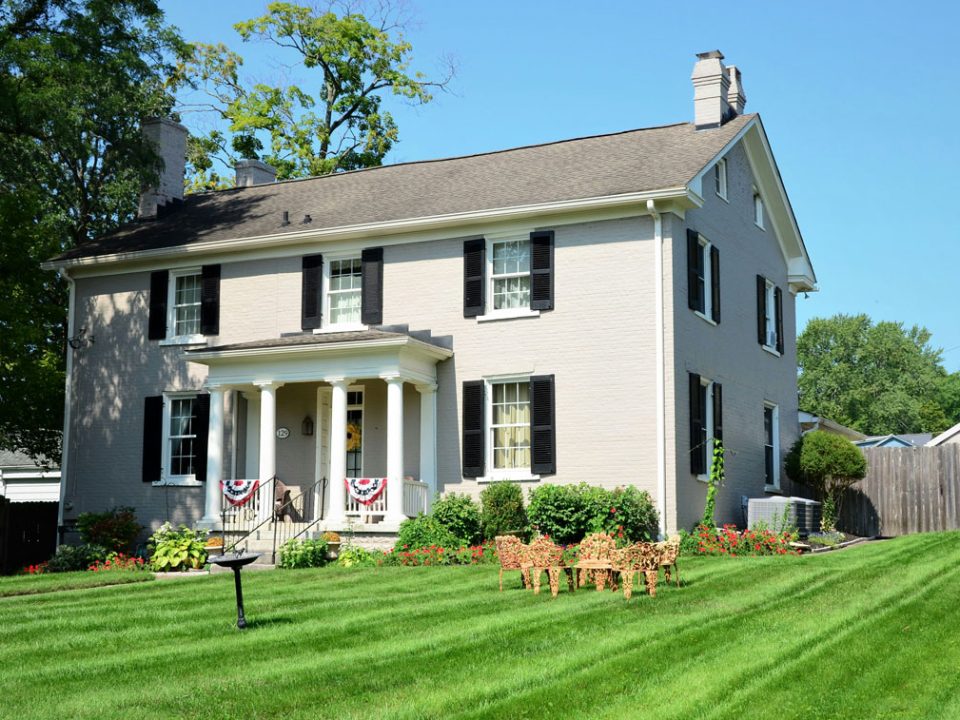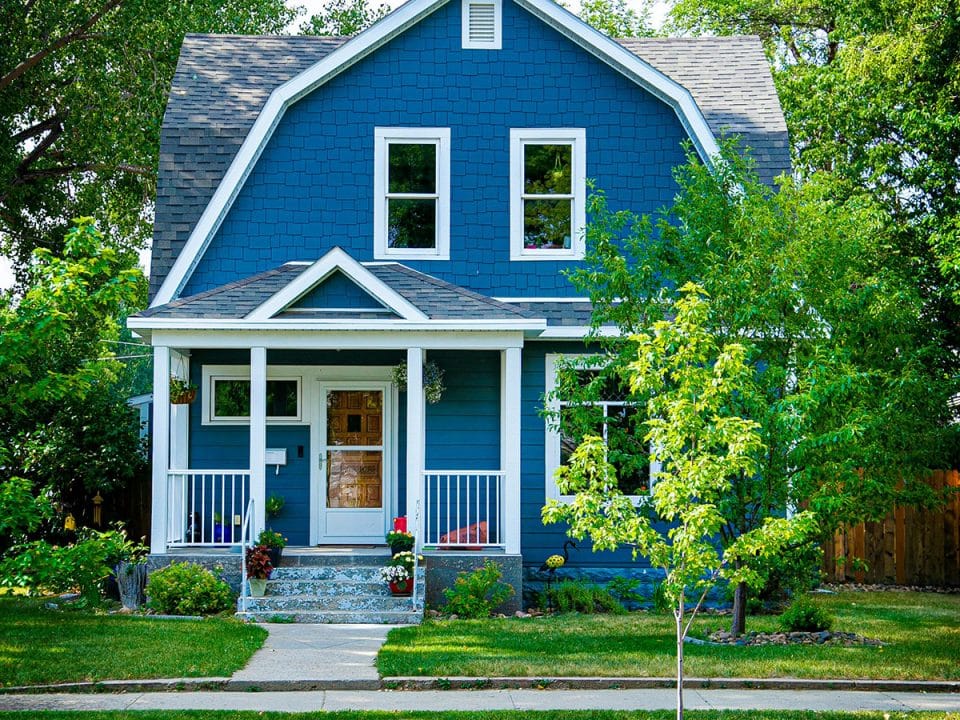
How to Choose a Lawn Care Company in Dublin, OH
October 18, 2024
How Natural Lawn Care in Ohio Can Transform Your Lawn Without Harmful Chemicals
November 15, 2024How to Choose Safe Lawn Fertilizers for Pets
A lush, green lawn is a sight to behold. But for pet owners, it can be a source of worry.
Many fertilizers that promise a verdant lawn can pose risks to our furry friends. They often contain chemicals that can be harmful to pets.
This raises a crucial question: How can we maintain a healthy lawn without compromising our pet's safety?
This guide aims to answer that. We'll delve into the world of pet-safe fertilizers and natural lawn care.
We'll explore what makes a fertilizer safe for pets, and how to choose the right one. We'll also provide tips on natural alternatives to chemical fertilizers.
Understanding the Risks of Conventional Fertilizers
Conventional fertilizers can be a double-edged sword. While they can boost lawn growth, they can also pose risks.
Many contain chemicals that can be harmful to pets. Ingestion or exposure can lead to health issues, from mild irritation to severe poisoning.
Moreover, these fertilizers can also harm the environment. They can contaminate waterways and disrupt local wildlife.
Choosing pet-safe fertilizers is not just about protecting our pets. It's also about caring for our environment.
The Basics of Pet-Safe Fertilizers
Pet-safe fertilizers are designed with the health of pets in mind. They are free from harmful chemicals that can pose risks to pets.
These fertilizers are typically made from natural materials. They nourish the soil and promote healthy lawn growth.
But what makes a fertilizer pet-safe? Here are some key factors:
- It's free from toxic chemicals.
- It's made from natural materials.
- It's slow-release, reducing the risk of over-fertilization.
Choosing pet-safe fertilizers is a crucial step in creating a safe environment for your pets.
Natural vs. Synthetic Fertilizers: What's Safe for Your Pet?
When it comes to lawn care, you have two main options: natural and synthetic fertilizers. But which one is safe for your pet?
Natural fertilizers are derived from natural sources. They are often made from plant or animal waste, or mineral deposits.
Synthetic fertilizers, on the other hand, are made from man-made chemicals. While they can promote rapid lawn growth, they can also pose risks to pets.
Natural fertilizers are generally safer for pets. They release nutrients slowly, reducing the risk of over-fertilization.
However, not all natural fertilizers are pet-safe. Always check the label to ensure the product is free from harmful ingredients.
Remember, the health of your pet is paramount. Always choose a fertilizer that is safe for them.
Key Ingredients to Avoid in Pet-Unfriendly Fertilizers
When choosing a fertilizer, it's crucial to know which ingredients can harm your pet. Some substances can cause serious health issues.
Here are some key ingredients to avoid:
- Iron: Excessive iron can lead to iron poisoning in pets.
- Pesticides: These can cause a range of health problems, from skin irritation to seizures.
- Herbicides: These can cause gastrointestinal upset and other health issues.
- Fungicides: These can cause vomiting, diarrhea, and other health problems.
Always read the label carefully. If you're unsure, consult with a vet or a pet expert.
Reading and Understanding Fertilizer Labels for Pet Safety
Understanding fertilizer labels is key to pet safety. Labels provide crucial information about the product's ingredients.
First, look for the active ingredients. These are the chemicals that make the product work. If you see any of the harmful ingredients mentioned earlier, avoid that product.
Next, check the warnings and precautions. These sections often contain information about the product's safety for pets.
Lastly, look for any certification labels. Certifications like "OMRI Listed" or "USDA Organic" can indicate a safer product.
Remember, when in doubt, consult a professional. It's always better to be safe than sorry.
Natural Lawn Care: Alternatives to Chemical Fertilizers
Natural lawn care is a great way to maintain a healthy lawn without risking your pet's health. There are several alternatives to chemical fertilizers that are safe for pets.
Composting, using grass clippings, and promoting beneficial insects are all effective methods. These methods not only nourish your lawn but also contribute to biodiversity.
Composting and Natural Matter
Composting is a natural process that turns natural waste into nutrient-rich soil. It's a pet-safe way to enrich your lawn.
Simply add compost to your lawn regularly. It will improve soil health and promote grass growth.
Using Grass Clippings as Natural Fertilizer
Grass clippings are another excellent natural fertilizer. After mowing, leave the clippings on the lawn.
They decompose quickly, returning valuable nutrients to the soil. This method is both pet-safe and eco-friendly.
The Role of Beneficial Insects and Biodiversity
Beneficial insects play a crucial role in natural lawn care. They help control pests and contribute to soil health.
Encourage these insects by planting a variety of native plants. This will create a balanced ecosystem that's safe for pets and beneficial for your lawn.
Tips for Applying Fertilizers Safely Around Pets
Applying fertilizers safely is crucial to protect your pets. Here are some tips to ensure their safety.
Always follow the manufacturer's instructions. Overuse of fertilizers can be harmful, even if they are pet-safe.
Apply fertilizers when your pets are indoors. This prevents them from coming into direct contact with the product.
After application, water your lawn thoroughly. This helps the fertilizer to sink into the soil, reducing the risk to your pets.
Finally, keep your pets off the treated area until it's dry. This minimizes their exposure to the fertilizer.
Recognizing and Responding to Fertilizer Poisoning in Pets
Fertilizer poisoning in pets can be serious. It's important to recognize the signs early.
Symptoms may include vomiting, diarrhea, and excessive salivation. Your pet may also show signs of weakness or confusion.
If you suspect fertilizer poisoning, contact your vet immediately. Quick action can save your pet's life.
Remember to bring the fertilizer package with you. This will help your vet determine the best course of treatment.
Prevention is always better than cure. Always store fertilizers out of your pet's reach.
Conclusion: Balancing Lawn Health and Pet Safety
Choosing a pet-safe fertilizer is a crucial step in maintaining a healthy lawn. It ensures the safety of your pets while promoting lush, green grass.
Remember, a beautiful lawn doesn't have to come at the expense of your pet's health. With the right products and practices, you can achieve both.

